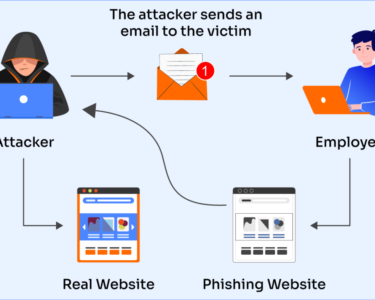
Supply Chain Security: A Crucial Focus Amidst Rising Cyber Threats
In recent times, the importance of securing software supply chains has become paramount, especially in the wake of several high-profile breaches. Organizations are increasingly recognizing the need to protect their systems from vulnerabilities that could compromise their operations and data.
The software supply chain refers to the interconnected network of organizations involved in developing, producing, and distributing software. Each entity plays a critical role in ensuring the security and integrity of the final product. However, each step also introduces potential risks.
Supply chain attacks are becoming more prevalent as cybercriminals exploit vulnerabilities in vendor relationships and software components. These attacks can lead to malware infections, data breaches, and ultimately, reputational damage. To mitigate these risks, organizations need to implement comprehensive supply chain security measures.
Best Practices for Supply Chain Security:
- Vet Vendors Thoroughly: Conduct thorough due diligence on potential vendors, ensuring they have a solid security track record and adhere to industry best practices.
- Monitor Code Integrity: Implement automated systems to continuously monitor code changes for potential vulnerabilities and malicious activity.
- Enforce Software Signing: Require vendors to digitally sign their software to verify its authenticity and prevent tampering.
- Use Vulnerability Management Tools: Utilize tools to scan software components for known vulnerabilities and prioritize patching.
- Establish Incident Response Plans: Develop clear incident response plans to address supply chain breaches promptly and effectively.
Benefits of Enhanced Supply Chain Security:
- Reduced Cyber Attacks: By strengthening supply chain security, organizations can reduce the risk of successful cyber attacks, protecting sensitive data and critical systems.
- Improved Regulatory Compliance: Meeting regulatory requirements related to software security can be achieved through effective supply chain security measures.
- Increased Customer Confidence: Customers are more likely to trust organizations that demonstrate a commitment to supply chain security, leading to increased market share.
- Enhanced Reputation: A strong reputation for supply chain security can differentiate organizations from competitors and attract new business opportunities.
Conclusion:
Securing software supply chains is essential in today’s threat landscape. By following best practices, organizations can mitigate risks, enhance compliance, and build customer trust. By treating supply chain security as a top priority, organizations can protect their assets, reputation, and long-term success.



